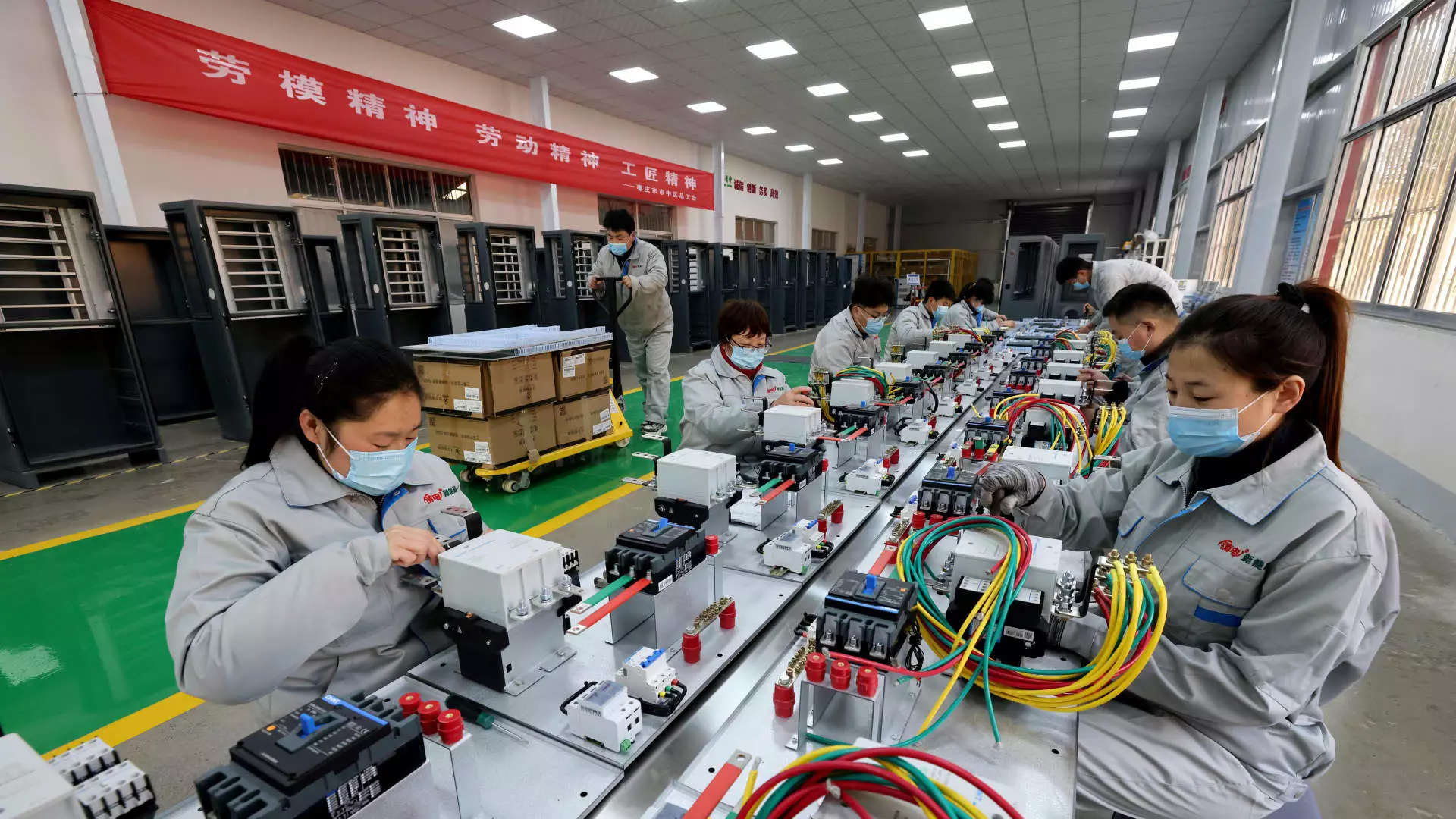As global investors navigate the tumultuous waters of emerging markets, the focus on China calls for a reevaluation. Industry experts, notably Perth Tolle of Life + Liberty Indexes, urge caution regarding investment in what has long been viewed as the primary growth engine of these markets. Tolle asserts that the capitalism model adopted by China is fundamentally flawed and cannot sustain the levels of economic growth many have projected. This warning raises critical questions about the long-term viability of investing heavily in China’s economy.
Tolle’s assertion highlights a crucial misconception: economic freedom does not always translate into personal or political freedom. During her recent interview on CNBC’s “ETF Edge,” Tolle pointed out that many investors historically believed China’s capitalist practices would pave the way for broader democratic reforms. However, she contends that while economic development may lead to certain freedoms, it does not guarantee them. Investors must recognize that, without a genuine commitment to personal liberties, the economic landscape can become a precarious environment for investment.
The Freedom 100 Emerging Markets ETF, launched and managed by Tolle, presents an alternative for those seeking exposure to emerging economies without the risks associated with China’s volatile market. Since its inception on May 23, 2019, Tolle’s ETF has outperformed traditional China-focused investments, boasting a remarkable 43% increase. In contrast, the iShares China Large-Cap ETF, a benchmark for various investors, has seen only a modest 19% rise during a comparable period. This stark performance discrepancy suggests that portfolios weighted heavily in favor of China may be missing other growth opportunities in more stable, freedom-oriented markets.
Tolle’s professional journey offers a unique perspective. Her initial hesitance to invest in China as a private wealth advisor was informed by the conflicting sentiments expressed by her clients, many of whom were not only wary of state-controlled markets in China but also of other emerging markets like Russia, which they equated with financial and ethical risks. This historical background is relevant today as it parallels the rising apprehension surrounding the geopolitical complexities and regulatory landscapes in countries like China.
As the investment community increasingly debates the merits of engaging with China, Tom Lydon, a noted figure in the ETF investment space, echoes Tolle’s concerns. He emphasizes the potential for greater volatility tied to Chinese markets and advocates for focusing on countries where economic freedoms are more assured, resulting in a more stable investment experience. He suggests that investors might find enhanced performance by diversifying away from China, aligning their holdings with nations that prioritize individual liberties alongside economic growth.
Tolle and Lydon’s insights into the investment landscape regarding China signal a paradigm shift that could redefine emerging market strategies. As investors reflect on the lessons learned from past experiences, the notion of prioritizing economic freedom as a foundational element of investment decisions gains traction. This strategic pivot not only serves as a cautionary tale but also as a pathway toward identifying more sustainable opportunities that resonate with both ethical considerations and financial gains. Emphasizing markets that promote freedom could be the key to unlocking true long-term value in the world of investments.

